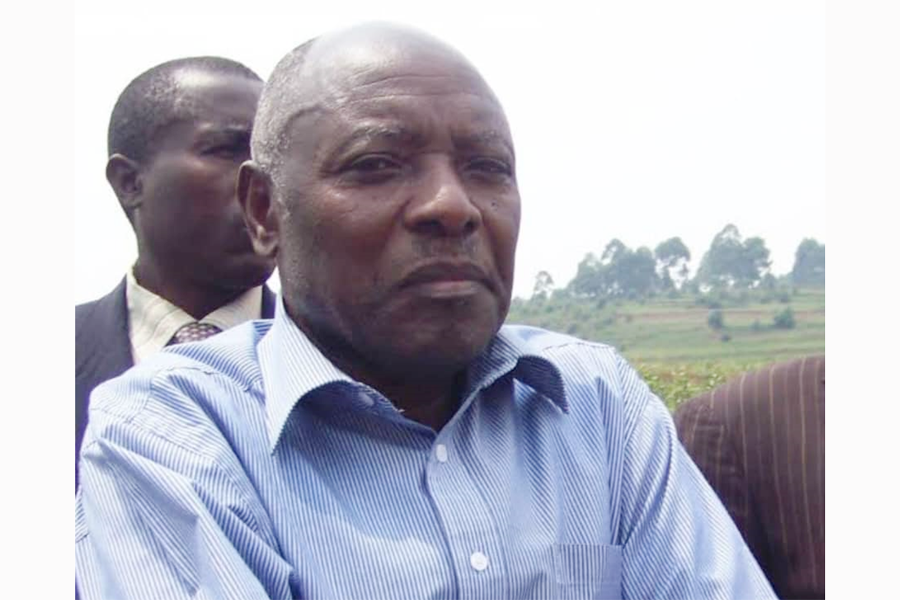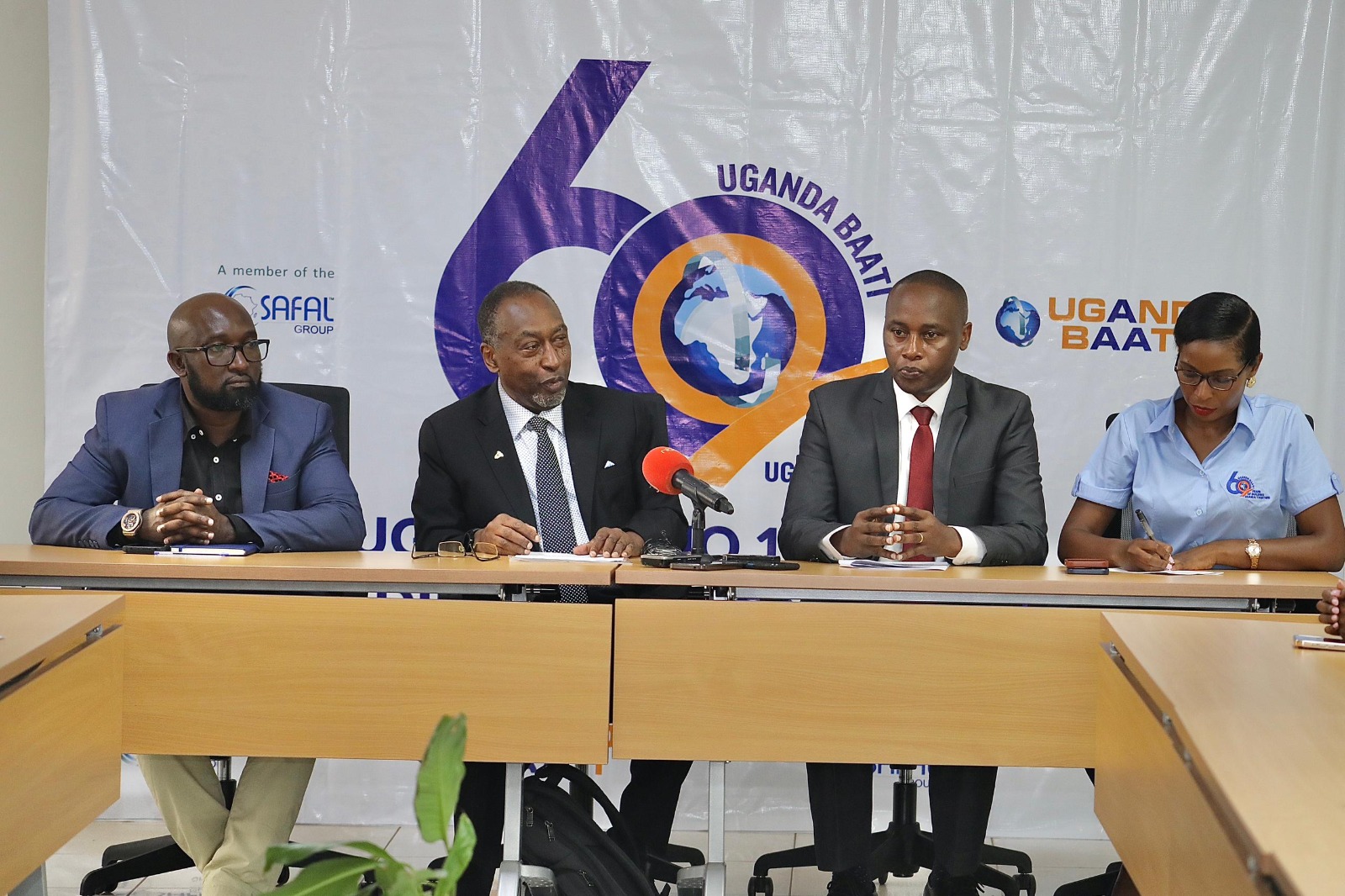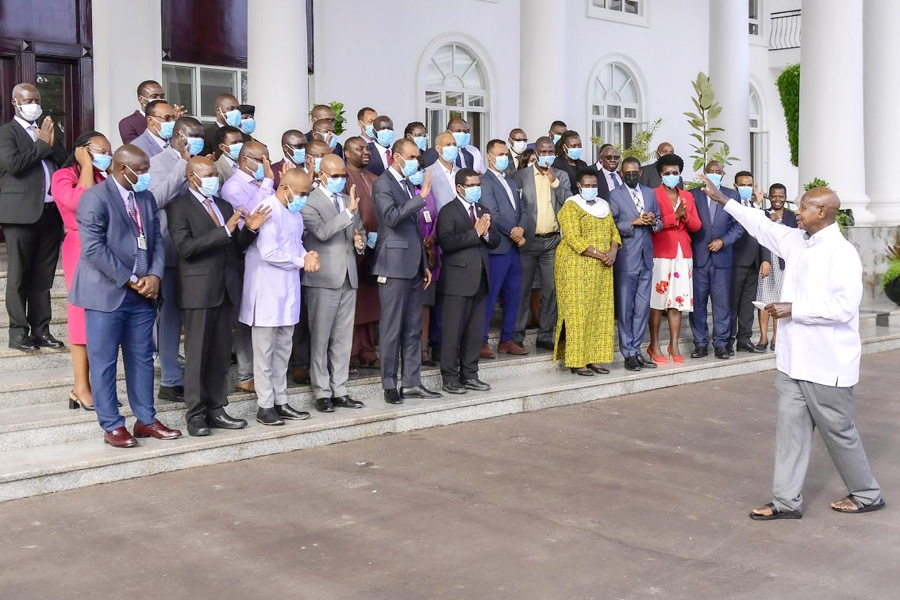Remembering Slavery: Reflections for Modern-day Africans
On March 25, the world, once again, commemorated the International Day of Remembrance of the Victims of Slavery and the Transatlantic Slave Trade, under the 2022 Theme: “Stories of Courage: Resistance to Slavery and Unity against Racism”.
According to the United Nations, this year’s Theme was aimed at unblocking the millions of human stories behind the routinely quoted figures and facts. Stories of untold suffering and pain. Stories of families and communities ripped apart. But also, stories of awe-inspiring courage and defiance against the cruelty of the oppressors.
Estimates vary as to the number of Africans shipped across the Atlantic. But Tom Young, in his book, We Need to Talk About Africa, notes that: “In the 18th and 19th centuries the figure is likely to be somewhere between 12.5 and 14 million. From further back, say from 1500, the figure is possibly as high as 18 million”.
Slavery has been, undoubtedly, one of the darkest chapters in human history. But as we continue to learn and pay tribute to the millions of men, women and children victimized by this tragic practice, we, the modern-day Africans, should take a moment and reflect on its impact on our times.
While slavery as a legitimate institution disappeared and no official slave markets are being currently operated, the vice continues to be practiced invisibly. The existence of human trafficking and forced labour, suggests that people are still trading on this historical baggage.
The 2018 Global Slavery Index revealed that over 9.2 million people in Africa are living in modern slavery, making up nearly a quarter of all humans trafficked around the globe. In addition, nearly 40 percent of Africans trafficked are in forced labor and the victims are forced to work extensive hours in extremely dangerous conditions.
It is, unfortunately, true that some corners of the world continue to practice slavery or what is left of it. Most recently, the Middle East countries - Qatar, Saudi Arabia, the United Arab Emirates, etc. - have been in the spotlight regarding the inhumane treatment of the increasing numbers of migrant workers.
Stories coming out of these countries indicate that lots of migrant workers from Africa, some of whom being victims of human trafficking, are exposed to extreme forms of exploitation. Many are said to have been constantly deprived of their dignity and rights.
But let’s pose for a minute and ask ourselves: What has been the role of African leaders in the promotion or confrontation of modern slavery? Well, as was observed earlier, modern-day slavery is also, in fact, said to be partly orchestrated by African leaders.
Tom Young argues that, in the past, some African kings were complicit in facilitating the sale of African captives. Slave traders had to negotiate the purchase of slaves and many were required to wait on the coast for their human cargo to be brought to them. They had to pay some sort of local tax and abide by local rules and norms.
Similarly, in today’s case, slavery appears to be a collaborative enterprise - to some extent - between the offenders and some government officials. Many of the atrocities committed against victims, say migrant workers, have occurred under the watchful eye of African governments but no tangible action has been taken to avert the vice.
Africa needs to stand up in solidarity against slavery of all kinds. There’s need to develop clear plans, oversee their implementations and subsequently maintain the results. Such a shift will not solve all problems, it will not fully abolish modern-day slavery, but it will revitalize the energy of the 1.37 billion people in Africa.
Mr. Mukalazi is the Country Director of
Every Child Ministries Uganda.













